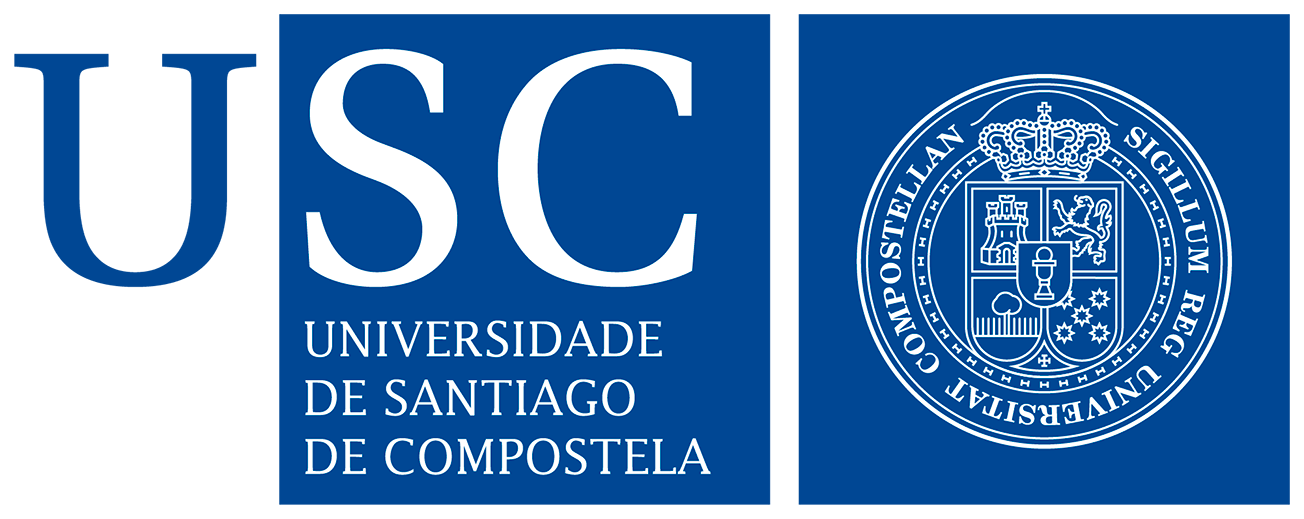2024
Classical Shadows in Theory, Numerics, and Experiment
Richard kueng
Classical shadows are a scalable way to extract meaningful information from a n-qubit system in a scalable and online fashion.
2024
Quantum Convolutional Neural Networks are (Effectively) Classically Simulable
Pablo bermejo
Quantum Convolutional Neural Networks (QCNNs) are widely regarded as a promising model for Quantum Machine Learning (QML).
2024
Towards quantum advantage on the cloud: benchmarking a 20 qubit quantum computer
Alejandro GÓMEZ
Quantum computing is a field with incredible potential to solve fundamental limitations of classical computing, as well as provide a way for scientists to simulate complex quantum systems.
2024
Quantum Error Correction and Scaling with Trapped-Ions
Henry Semenenko
Quantinuum’s quantum processors use the quantum charge-coupled device (QCCD) architecture with trapped-ion qubits to deliver leading performance with high-fidelity gates and all-to-all connectivity.
2024
Programming Heterogenous Quantum-Classical Supercomputing Architectures
ESPERANZA CUENCA
Valuable quantum computing will integrate tightly with and depend on classical high-performance computing and AI.
2024
QUIONE: A quantum simulator based on ultracold strontium atoms
Antonio RUBIO
Neutral atoms have a wide range of applications in quantum science and technology.
2024
Quantum error correction with constant time overhead
MICHAEL VASMER
The promise of quantum computers is currently limited by noise. Quantum error correction has the potential to overcome this problem, at the cost of large space and time overheads.
2024
Does provable absence of barren plateaus imply classical simulability?
ZOË HOLMES
A large amount of effort has recently been put into understanding the barren plateau phenomenon.
2024
Quantum-accelerated supercomuting: where we are and where we need to go
LAURA SCHULZ
Quantum computing is a breakthrough science and technology star, but its true power lies in partnering with supercomputing. In this presentation, I’ll highlight LRZ’s multi-dimensional efforts to provide, merge and optimize various quantum accelerators into HPC workflows and into HPC centers.
2024
Conformal quantum cellular data
LLUIS MASANES
First, I will motivate the use of unitary circuits in quantum many-body physics. Second, I will introduce a family of quantum callular automata in 1+1 dimensions consisting of dual-unitary circuits.
2024
Digital-Analog quantum computing and algorithms
ANA MARTÍN FERNÁNDEZ
We will delve into the development and implementation of quantum algorithms using the digital-analog quantum computational (DAQC) paradigm.
2024
Analog and digital superconducting quantum processors
POL FORN-DÍAZ
Small-scale prototype quantum processors, despite their imperfections, are already a reality.
2024
Algorithmic ideas
JOSÉ IGNACIO LATORRE
Progress in quantum algorithms needs critical revisiting of three relevant steps: encoding, processing and read-out.
2023
Test of the physical significance of Bell’s theorem
Adan cabello
The experimental violation of Bell inequalities implies that at least one of three assumptions, measurement independence (MI), parameter independence (PI), and outcome independence (OI), fails in nature.
2023
Simulating IBM’s Kicked Ising Experiment with Quantum-Inspired Tensor Networks
ROMÁN ORÚS
We show how quantum-inspired 2d tensor networks can be used to efficiently and accurately simulate the largest quantum processors from IBM, namely Eagle (127 qubits), Osprey (433 qubits) and Condor (1121 qubits).
2023
PyTheus: automated discovery of quantum experiments
CARLOS RUÍZ GONZÁLEZ
Photonic technologies are main players in the second quantum revolution, providing better sensors, secure communications, and quantum-enhanced computation.
2023
QTYR23 WORKSHOP
Various speakers
In this lecture, we will review the experimentally feasible algorithmic state-of-the-art quantum computation, namely the Noisy Intermediate-Scale Quantum algorithms (NISQ).
2023
Quantum Computing and High Energy Physics
Miriam lucio martínez
Quantum Computing constitutes a very promising field, potentially able to deal with challenges that classic computing cannot solve and present considerable speedups with respect to the former.
2023
Exploring applications of variational quantum algorithms in linear algebra
carlos bravo
Quantum computing is a rapidly developing field that holds great promise for solving complex problems.
2023
Quantum machine learning algorithms and its implementation in molecular qubits
sebastián roca-jerat
Quantum machine learning (QML) is recently gaining interest in both theory and experiment thanks to variational circuits implemented in the noisy intermediate-scale quantum computers (NISQs).
2022
Architecting full stack quantum computing systems in the NISQ era and beyond
carmen g. almudever
The advances in quantum hardware with functional quantum processors integrating tens of noisy qubits, together with the availability of near-term quantum algorithms have allowed the development of the so-called full-stacks that bridge quantum applications with quantum devices.
2022
Beyond-classical computation from a computer science perspective
sergio boixo
Outperforming classical supercomputers in a well-defined computational task is an important milestone in the long term quest for practical quantum computing.




